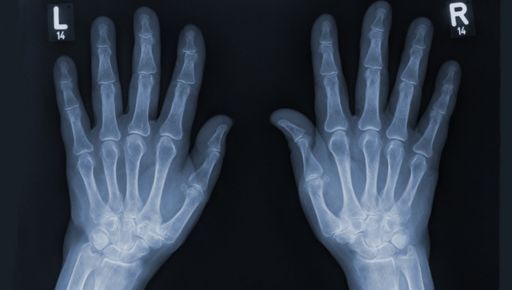Amyloidosis is a rare condition characterized by the abnormal buildup of proteins called amyloids in various organs and tissues. While diagnosis typically involves a combination of clinical evaluation, imaging studies, and tissue biopsy, blood tests also play a crucial role in identifying amyloidosis and monitoring its progression.
1. What is Amyloidosis? Amyloidosis is a group of diseases marked by the deposition of amyloid proteins in organs and tissues, disrupting their normal function.
2. Importance of Blood Tests Blood tests are vital tools in the diagnosis and management of amyloidosis, providing valuable insights into the body’s biochemical processes and the presence of amyloid proteins.
3. Serum Protein Electrophoresis (SPE) SPE is a blood test that separates proteins based on their electrical charge and size, helping detect abnormal protein levels indicative of amyloidosis.
4. Immunofixation Electrophoresis (IFE) IFE is a technique used to identify specific types of proteins present in the blood, aiding in the diagnosis and classification of amyloidosis.
5. Serum Free Light Chain Assay (FLC) FLC assay measures the levels of free light chains, abnormal proteins often elevated in certain types of amyloidosis, such as light chain amyloidosis (AL).
6. C-Reactive Protein (CRP) CRP is a marker of inflammation that may be elevated in systemic amyloidosis, reflecting the body’s response to amyloid deposits.
7. Complete Blood Count (CBC) CBC assesses the number and types of blood cells, detecting abnormalities associated with amyloidosis, such as anemia or low platelet counts.
8. Liver Function Tests (LFTs) LFTs evaluate liver health and may indicate liver involvement in systemic amyloidosis, which can affect protein production and metabolism.
9. Kidney Function Tests Tests like serum creatinine and urine protein measurements assess kidney function, crucial in amyloidosis cases where renal involvement is common.
10. Natriuretic Peptides Elevated levels of natriuretic peptides, such as B-type natriuretic peptide (BNP), may indicate cardiac amyloidosis and heart dysfunction.
11. Troponin Levels Troponin, a marker of heart damage, can be elevated in cardiac amyloidosis, reflecting the strain on the heart caused by amyloid deposits.
12. Thyroid Function Tests Thyroid function tests help rule out thyroid disorders that can mimic symptoms of amyloidosis, ensuring an accurate diagnosis.
13. Serum Albumin Serum albumin levels may be reduced in systemic amyloidosis, reflecting impaired liver function or protein loss through the kidneys.
14. Urinalysis Urinalysis detects proteinuria and other abnormalities in the urine, providing valuable information on kidney involvement in amyloidosis.
15. Immunoglobulin Levels Abnormalities in immunoglobulin levels may suggest underlying immune system dysregulation associated with certain types of amyloidosis.
16. Erythrocyte Sedimentation Rate (ESR) ESR measures the rate at which red blood cells settle in a tube of blood, indicating inflammation that may accompany amyloidosis.
17. Serum Amyloid A (SAA) Elevated SAA levels are associated with inflammatory conditions and can indicate secondary amyloidosis triggered by chronic inflammation.
18. Genetic Testing Genetic testing may be performed to identify hereditary forms of amyloidosis caused by mutations in specific genes.
19. Interpretation of Results Interpreting blood test results requires consideration of clinical findings, imaging studies, and tissue biopsy results to confirm the diagnosis of amyloidosis.
20. Monitoring Disease Progression Regular blood tests are essential for monitoring disease progression, assessing treatment efficacy, and detecting complications associated with amyloidosis.
21. Consultation with Specialists Interpreting blood test results and managing amyloidosis often involves collaboration between hematologists, nephrologists, cardiologists, and other specialists.
22. Lifestyle Modifications In addition to medical treatment, lifestyle modifications such as dietary changes and exercise can help manage symptoms and improve quality of life for individuals with amyloidosis.
23. Supportive Care Supportive care measures, including pain management, nutritional support, and psychological support, play a crucial role in the comprehensive management of amyloidosis.
24. Research and Future Directions Ongoing research aims to improve early detection methods, develop targeted therapies, and enhance the overall management of amyloidosis.
25. Conclusion Blood tests are invaluable tools in the diagnosis, monitoring, and management of amyloidosis, providing vital information for healthcare professionals to deliver personalized care and optimize patient outcomes.




